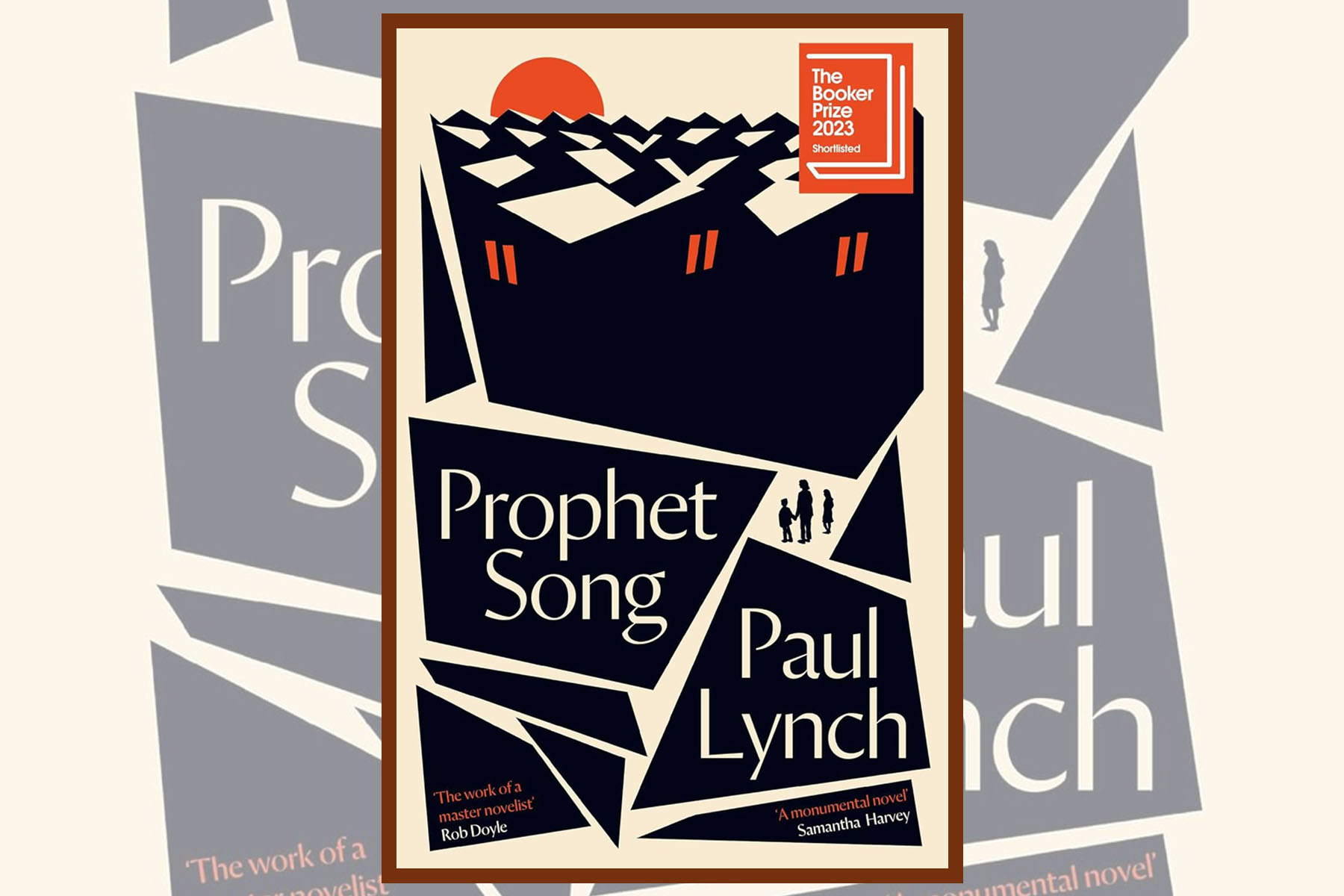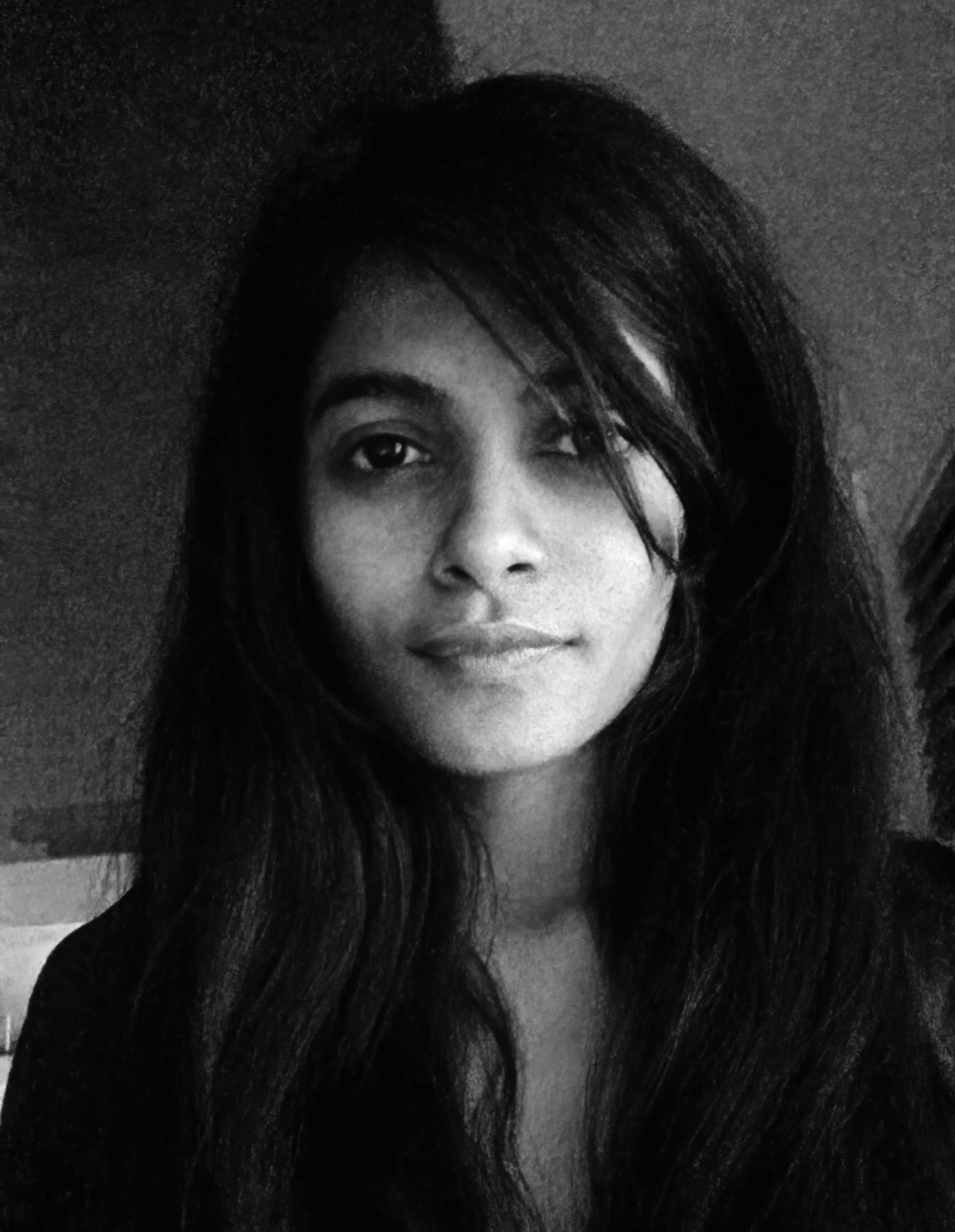
The 2023 Booker Prize winner, Prophet Song by Paul Lynch is a novel that rips an unfixable wound in your heart, a novel that insists you will not get over it, at least not easily, writes Samiksha Ransom.
“The prophet sings not of the end of the world but of what has been done and what will be done and what is being done to some but not others, that the world is always ending over and over again in one place but not another, and that the end of the world is always a local event, it comes to your country, and visits your town and knocks on the door of your house.”
— Paul Lynch, Prophet Song
She is hungry, she hasn’t slept, she does not know if her husband is even alive, has just identified the body of her teenage son in a public morgue, has evaded getting arrested from the street; and just minutes ago, she had almost turned her remaining children into orphans. She is a scientist and a mother, but that does not matter in the totalitarian Ireland that Lynch presents. With her baby son and adolescent daughter, she is finally trying to cross the border, finally realising that they must go “to the sea” for “the sea is life”.
Ireland is turning tyrannical. The GNSB is arresting people without warrants, notices, or reason, announcing curfews, mandating and picking up young boys to join the ‘forces’ of the state. Houses are being bombed, civil war is breaking out. But you must stay strong, must believe in the love of the people who aren’t here anymore, must take heart, must survive, because that is “the law of the human heart”.
Prophet Song by Paul Lynch is the 2023 Booker Prize winner. It’s a novel that rips an unfixable wound in your heart, a novel that insists you will not get over it, at least not easily. Towards the end, your typical reader’s mind starts to crave a ‘happy’ or at least ‘happy-ish’ ending, but none is given really, except for ‘the sea’ that would hopefully hold a different future, where you can start over and taste freedom again, that is, if you’re lucky enough to make it to the sea. Because here, in Lynch’s Ireland, the government is turning more and more totalitarian by the minute, and Bailey, her teenage son, even before joining the rebel group, can already sense that “the worm is turning… it is gaining in power, the worm does what it likes”. He warns his mother that the worm “doesn’t care, whether you like it or not,” that it’s time they did something. She cannot fight with the state, cannot leave her husband and sick father behind, cannot go without her son who has joined the rebel forces. What if he comes home? But that’s what she must do. Those who go, do not come back. That’s the law of the jungle, “even the dogs on the street know it”.
Prophet Song tells the tale of the fate of a country, society, family, and the individual, desperate to break free from the web of tyranny. The truth about such life is that no matter what you do, there are no guarantees, and it ends differently for each individual. Lynch shows this through Eilish’s family. Eilish must escape with Molly and Ben while she can, because she has already lost her freedom, old life, house and half of her family.
Lynch writes in the present tense making the reader feel the immediacy of the utter and complete disaster that is about to overtake the people of Ireland, such that the reader feels this restlessness and urgency to do something, only to realize it is too late now. “History,” they say, “is a silent record of people who did not know when to leave”. The more the reader reads, the more they realise that nothing much can, in fact, be done. That things have gone so bad, one can only wait and hope for them to get better, and that sometimes, hoping is the hardest thing to do.
Through Prophet Song, Lynch raises important questions making the reader wonder, when did things come to this? How did it all begin? When and how will it end, if ever? How did we not see it coming?!
Pick up Paul Lynch’s Prophet Song from any Kunzum store or WhatsApp +91.8800200280 to order. Buy the book(s) and the coffee’s on us.

About the Reviewer:
Samiksha Ransom is a writer and editor. Her work has appeared in Tint Journal, EKL Review, The Chakkar, JAKE, The Lake, Live Wire (by The Wire), The Friday Poem and more. Her work was longlisted for the Poet’s in Vogue Challenge by the Young Poet’s Network, UK in 2023. Currently, Samiksha also edits for The Selkie Publications CIC and The Dawn Review. In the past, she has edited for the borderline and The Terrarium (Hellebore Press) literary magazines. In her newsletter, ‘Letters from Sam – Conversations, Maybe’ on Substack, she shares writing and publishing tips. She also teaches creative writing workshops occasionally. You can reach out to her on Instagram and Linktree.
